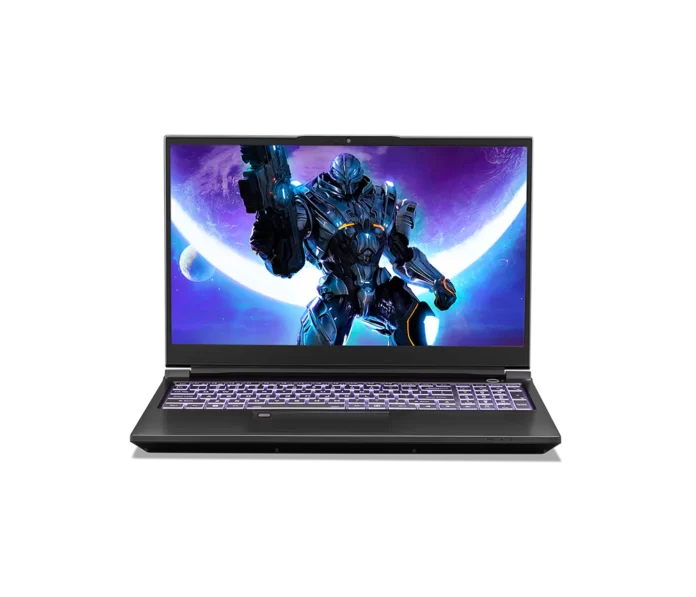There are three generations of the Intel’s i7 processor . These are the i7-7700K, i7-12900KS, and i7-10700K. However, a good gaming PC doesn’t need the fastest processor available, so it’s unlikely you’ll need an i7. For standard gaming and streaming, an i5 processor will likely be enough.
i7-7700K
If you’re in the market for a new processor, the i7-7700K is one of the most powerful models of the Kaby Lake generation. But it’s not a must-have component – and if you’re just looking to upgrade from an older i7, you can get a comparable chip for a lot less. If you’re looking for a great CPU for gaming, the i7-7700K is a great choice.
The i7-7700K is a quad-core chip with Hyper-Threading, which means it can process data from more than one thread at a time. The core clock speed is 4.2GHz, and it can reach 4.5GHz with Turbo Boost. The processor has the same 8MB of SmartCache as its predecessor, and it draws the same 91W of power.
As an unlocked chip, the i7-7700K can be overclocked to achieve even higher speeds. But users should be aware that overclocking will increase power consumption. The i7-7700K should be used with caution, as it is not intended for everyday usage.
The i7-7700K is compatible with the new 200-series motherboards and can be used on existing 100-series chipset motherboards. It also supports Optane Memory, which will provide faster storage and improved graphics performance. Unfortunately, the i7-7700K is expensive. Intel’s bin price is $339, and retail prices are likely to be in the $359-$379 range. That drives the chip’s value down. If you’re looking for a fast, reliable processor, the i7-7700K is a great choice.
i7-12900KS
The i7-12900KS has a number of benefits over the i7-11600K, including better performance and better overclocking potential. This chip is ideal for high-end gamers, but it is also an excellent choice for low-cost gaming systems. The chip features six cores and twelve threads, making it the perfect choice for budget PCs. In addition, it costs less than the current-model desktop chips in the Core i7 and i9 lines.
The i7-12900KS’s turbo boost frequency is higher than the standard i7 model, but the difference is so small that most people won’t notice a difference. The turbo boost frequency is only achievable under ideal conditions. To ensure a stable boost frequency, it’s safer to buy a processor with a higher base clock speed. You may also be able to use a better cooling system to preserve the boost frequency.
Intel’s i7 processor series was a popular option for high-end PCs due to its scalability and performance. It was a powerful processor that could handle both top-tier gaming performance and low-tier content creation. However, the i7-12900KS isn’t the only CPU with this feature.
Intel also released the i9-12900KS, which comes with a 5.5-GHz max clock speed. It also features a 5.2GHz all-core boost. While single-core boost clocks don’t mean a whole lot in modern applications, the all-core 5.2GHz boost means the CPU is performing at a high speed while under full load.
i7-10700K
The Core i7-10700K is one of the best CPUs in the i7 generation. As an eight-core processor with HyperThreading support, it offers good performance at a low price. The processor also features 16MB of L3 cache and a 3.8GHz base clock. This processor will give you plenty of power to run all your favorite programs and games.
The i7-10700K has a slightly higher TDP than the i9 9900K, but the two processors are very similar otherwise. The i7-10700K has higher turbo frequencies and supports Turbo Max Boost 3.0. In PCMark 10’s tests, the i7-10700K performs better than the i9 9900K in productivity, digital content creation, and basic tasks. Compared to the i9 9900K, the i7-10700K has better power efficiency, too.
It’s also cheaper than the i9-10900K and has the same number of cores. The i7-10700K also boasts excellent single-threaded performance. The two fastest cores in this processor can reach 5.1 GHz. As an added bonus, the i7-10700K is a mono-nucleo processor and won’t overheat easily.
The i7-10700K is made with the same process as the i9-9900K, but it is a ten-core chip instead of an eight-core one. It features a 125-watt TDP rating, and a thinner die. It is also equipped with a copper integrated heat spreader and a solder TIM. However, the i7-10700K will need a powerful cooling solution to perform optimally.
read more at: Technaldo.
